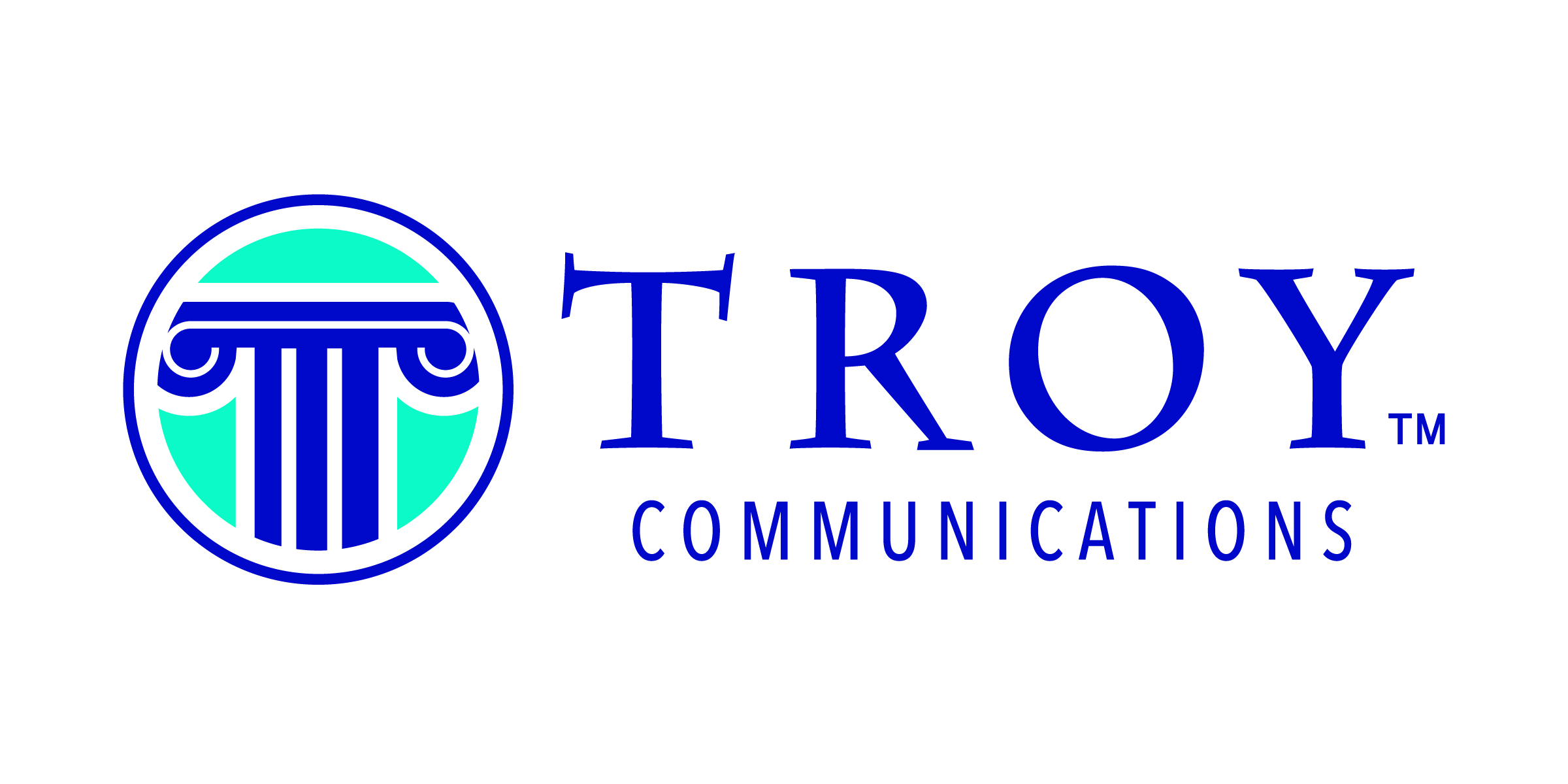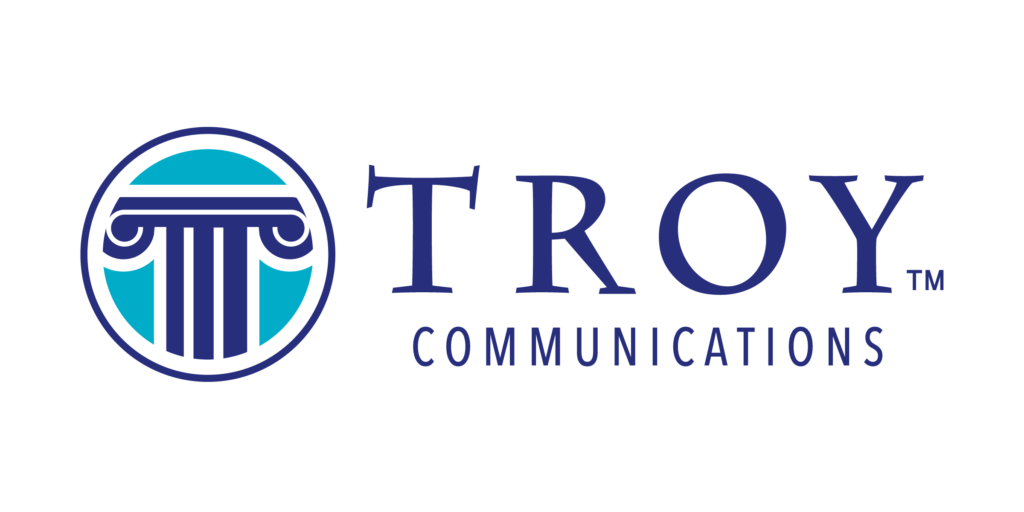By Tasha M. Troy
In 2012, I decided to pursue a second master’s degree. I was teaching at a top university at the time that offered tuition benefits, and I love to learn, so it just made sense to me.
Unfortunately, it didn’t make sense to the director of the program I was teaching with. She did not encourage us to grow. In fact, when I was intentionally trying to grow and learn and become more, I was actually discouraged – directly discouraged – from taking those courses. This in part led to my decision to leave that department and to find a job teaching elsewhere.
I wanted to grow, but my environment had put a cap on how much I could grow.
Create a Growth Environment
Human beings are designed for growth – physical, mental, emotional, spiritual. We are at our best when we are becoming more than we have been.
Whether you’re in a position of leadership or not, it’s important to encourage the people around you to grow. If you’re one of the many people who do not have a formal a leadership position, you might consider what can you do to help the people around you grow, what can you do to create an environment where it is safe to learn new things. For example, with every class that I teach, I aim to create a learning community, to create an atmosphere where there’s a combination of respect and safety so that my students can try new things and can ask the questions they might not feel comfortable asking otherwise.
One of John Maxwell’s “Fifteen Laws of Growth” says that you have to be in an environment that encourages you to grow. In his book Leadership Gold, in the chapter titled Keep Learning to Keep Leading, he describes the key characteristics a growth environment.
- Others are ahead of you.With my students, in the very beginning of the semester, I like to emphasize that we all have different strengths and weaknesses. Some students are strong in some skills and weak in others, while others are strong in different skills and weak in others. And together, we can help each other. But if others are ahead of you in one area, then you’re challenged to catch up.
- You are continually challenged. It has been my observation that people are capable of much more than they think they are. I sometimes tell my students that I see my job as pushing them to do the things they don’t push themselves to do.
- Your focus is forward. I am naturally future oriented, so perhaps it’s not surprising that I’m growth oriented as well. When you’re thinking about the future, you’re inspired to reach for what’s next.
- The atmosphere is affirming.I try to find a balance between applauding effort and praising good performance. Even when the performance is not to its fullest potential, I try to point out, first, the areas where the performance was good, and second, some real practical steps where that performance can be improved. It’s the real practical steps that make criticism an encouragement.
- You’re often outside of your comfort zone. I wrote about this a little in my last blog article The Three Zones of Learning. John Maxwell talks about the Challenge Zone, the Comfort Zone, and the Coasting Zone. If you spend too long in your comfort zone, you could slide back into the coasting zone, and no growth happens there!
- You wake up excited. When you are working towards a specific goal, you are naturally motivated to work towards it. I have found that growth is exciting!
- Failure is not your enemy.Looking back at the teaching department where I left because growth was not encouraged, failure was definitely considered the enemy. Mistakes I had made two, three, four years earlier had never been forgotten even though I had chosen to learn from those mistakes and move forward. For me, this is really an important characteristic. Failure is not the enemy.
- Others are growing. One of the best things about my job now is that I am working with students and colleagues who are working to improve their lives and learn new skills. It is very inspiring to be around people who are just as interested in personal and professional growth as I am.
- People desire change. It seems to me that the desire to change can come from two different sources – a sense of lack and a pursuit of excellence. I have experienced both. When I’m trying to do something new and come upon an area I don’t know well, I am motivated to learn and grow in that area. However, even in areas I do well, I am often not content and look for ways to become even better in that area.
- Growth is modeled and expected. I think this reflects back to failure not being the enemy. Are the leaders of the group engaged in learning and becoming more than they are? Are group members coached through challenges and encouraged to achieve more? Or is the status quo rewarded?
If you have these characteristics, you know you’re in an environment that encourages growth where you can learn and continue to become the person who can reach your potential, that you’re not going to leave untapped potential on the table.
Take It Deeper
Which of these characteristics are present in your life today? Which ones are missing?
If you would like to enter into a growth environment, I offer an ongoing live online course on personal and professional development: Professional Development Essentials. In this course, you will join with others who are also looking for a growth environment. We meet every Monday night for a short lesson and discussion. You can check out the website or contact me for more information: https://troycommunications.net/professional-development-essentials/.
If you enjoyed this article and would like to receive these monthly posts in your inbox, you can subscribe at Troy Communications Blog.



